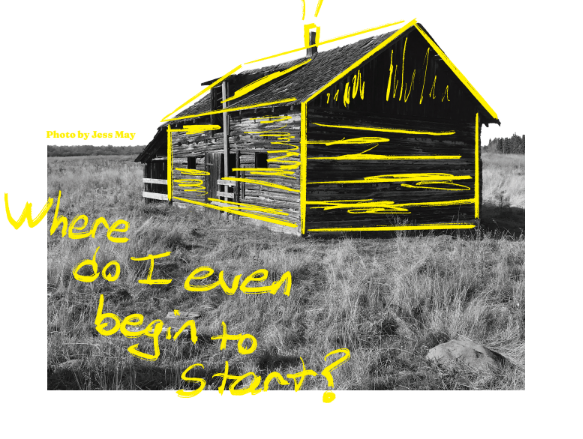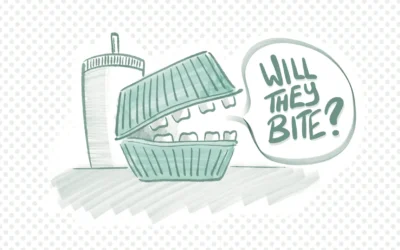By Hasna Yahia
Being Canadian has given me so much. It has given me privilege, safety, and opportunities. But being Canadian has taken so much away from me. I wonder what my country stands for and what it supports and I wonder where I belong in all of this. I wonder where my Bengali roots belong within me.
I am the daughter of two Bangladeshis who have given up all that is familiar to them to give me this life in Canada. They do not expect me to naturally love Bangladesh as if Bangladesh is not a part of me. When I am home, in my beautiful Bangladesh, I am filled with the overwhelming feeling of belonging. I think to myself, why doesn’t Canada, where I’ve grown up, make me feel this way?
I leave Bangladesh with the smell of pollution still in my nose, fresh mosquito bites, a stomach ache from the drinking water and pure heartbreak that I am leaving my home. Bangladesh is not perfect, but to me it is much more perfect than Canada.
This cold, grey, poutine country has made all its efforts to make me feel at home here and yet it will never fully work.
Here, there is a life of comfort, while in Bangladesh, there is a life of clarity.
A girl in the diaspora: losing language and identity
By Dana Inzon
My mother migrated to Canada in 2010 for better opportunities and a better life for her five children. As a child of an overseas immigrant, I never understood the weight of her livelihood in Canada, let alone how working abroad changed her. That was until I immigrated here alongside my four siblings.
Immigrating to Canada was one step forward and two steps back in my individuality. With all the better opportunities in a developing country came my inability to properly celebrate my cultural heritage. It was as if I was a duckling that diverted from her mother duck and had lost everyone. I’ve lost myself in embracing another culture, so much so that I’ve had to relearn my own.
I prided myself on being able to speak English. I heard my mother rave about what happened during her parent-teacher meeting with my homeroom teacher because “Dana does not have any language barrier.” I’d talk to Uber drivers who’d compliment me on my English speaking abilities all the while my chest would puff out with pride. But in the process, I lost my ability to communicate with my Filipino friends in my first language. I did not expect English to derail my 12 years of Tagalog-speaking abilities in nine years. I could not catch up with my friends in Tagalog. Instead, I listened to them speak their everyday language while I returned their words in English. I cannot even read a Filipino book anymore, preferring to buy the English version of Filipino literature rather than reading it like a true Filipino. I knew I had lost that part of me when English became my preferred language.
I was always lucky to have a parent who brought me to this country for a better life. However, I ponder what life would be like if I could celebrate Philippine holidays and festivals again. I never once appreciated festivals and colourful soirees until I grew older, let alone the celebratory nature of my fellow Filipinos. I joked that September is when the Christmas season starts in the Philippines because they would put up decorations as early as then. Now, I long to experience that again. I want to experience Christmas lights in September and stay up all night singing karaoke with my friends. I want to be who I was before Canada, even if for a brief moment.
Being a naturalized Canadian citizen has always been my privilege, and I will never be ungrateful for it. It brought me to a better future than what my homeland can offer. But living in the diaspora reshaped me as a whole new person. The term ‘Filipino’ is embedded in my identity purely because of ethnicity. However, living in Canada allowed me to share my stories about living in my home country. One day, someone might start listening and wonder what it would be like to speak my language, embrace my culture, and celebrate my festivals.
Photo by Jess May





0 Comments